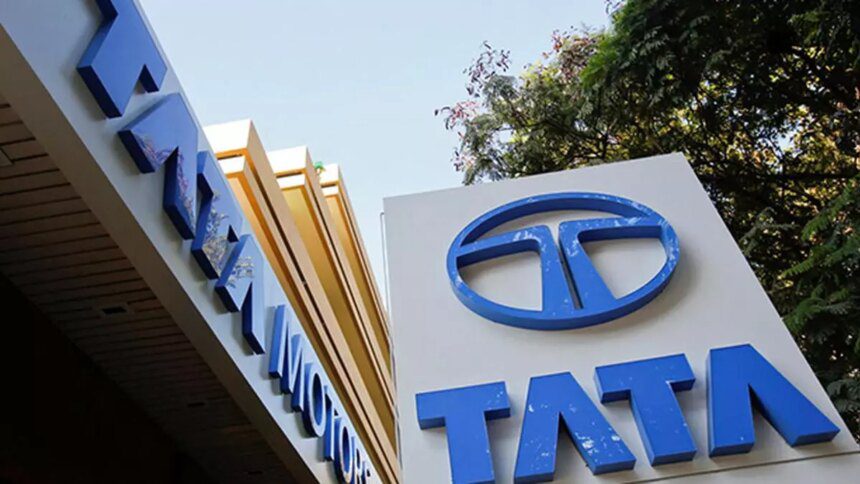Tata Motors, one of the leading automobile manufacturers in India, has been making positive strides in its business operations, particularly with its subsidiary Jaguar Land Rover (JLR) showing promising performance in the latest quarter. The company reported a 3 percent year-on-year increase and a significant 20 percent quarter-on-quarter rise in wholesales, reaching 104,000 units. This growth was achieved despite the temporary discontinuation of Jaguar in the UK market.
One of the key factors contributing to JLR’s success was the improvement in the model mix, with flagship models like the Range Rover, Range Rover Sport, and Defender accounting for 70 percent of sales. This shift towards higher-end models bodes well for the company’s profitability and market positioning.
The overall margin improvement at JLR was notable, with a 15 percent margin in the latest quarter compared to 11.7 percent and 15.8 percent in the previous quarters. This improvement can be attributed to normalized production levels and a strong product mix, indicating operational efficiency and strategic product offerings.
In the context of the Indian automotive market, Tata Motors is also witnessing positive developments. The commercial vehicle (CV) segment is slowly recovering, supported by a gradual improvement in public infrastructure spending. On the other hand, the passenger vehicle (PV) segment faces challenges, despite the recent launch of the Curvv SUV. The growing competition in the electric vehicle (EV) space is expected to impact Tata Motors’ positioning in the PV market.
Looking ahead, Tata Motors is expected to maintain its positive momentum, with JLR’s performance on track to generate approximately £1 billion in free cash flow this year. The company’s net-cash balance sheet and improving profitability in the India CV segment are additional strengths. However, the soft outlook for the India PV segment underscores the need for strategic adjustments to navigate the evolving market landscape.
In light of these developments, analysts have revised their target price for Tata Motors to ₹950, factoring in adjustments to earnings estimates and applying a discount in the valuation multiple for India PVs. Overall, Tata Motors remains a buy recommendation, with a solid foundation in place for sustained growth and profitability in the dynamic automotive industry.










